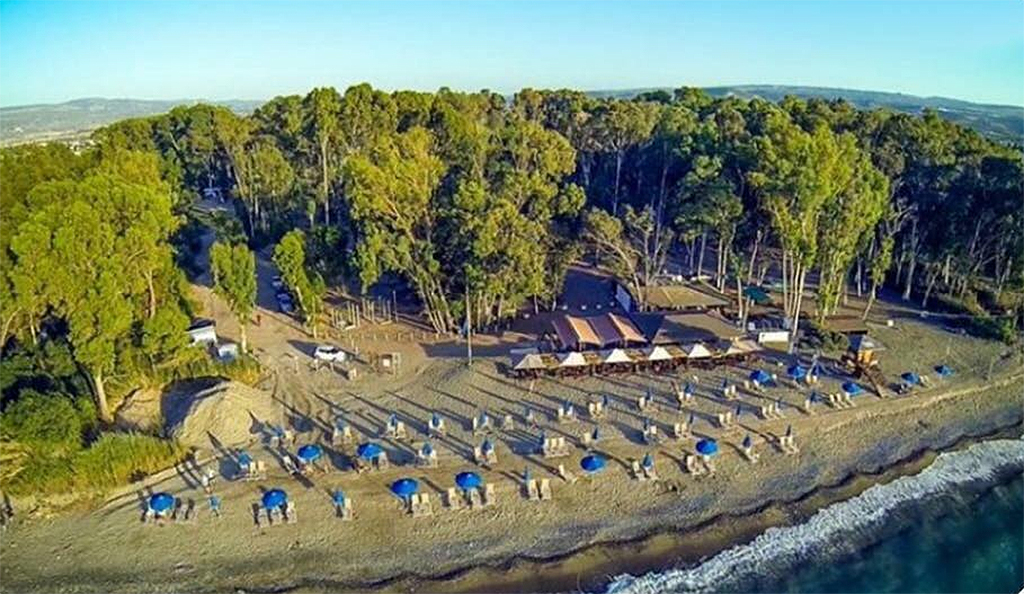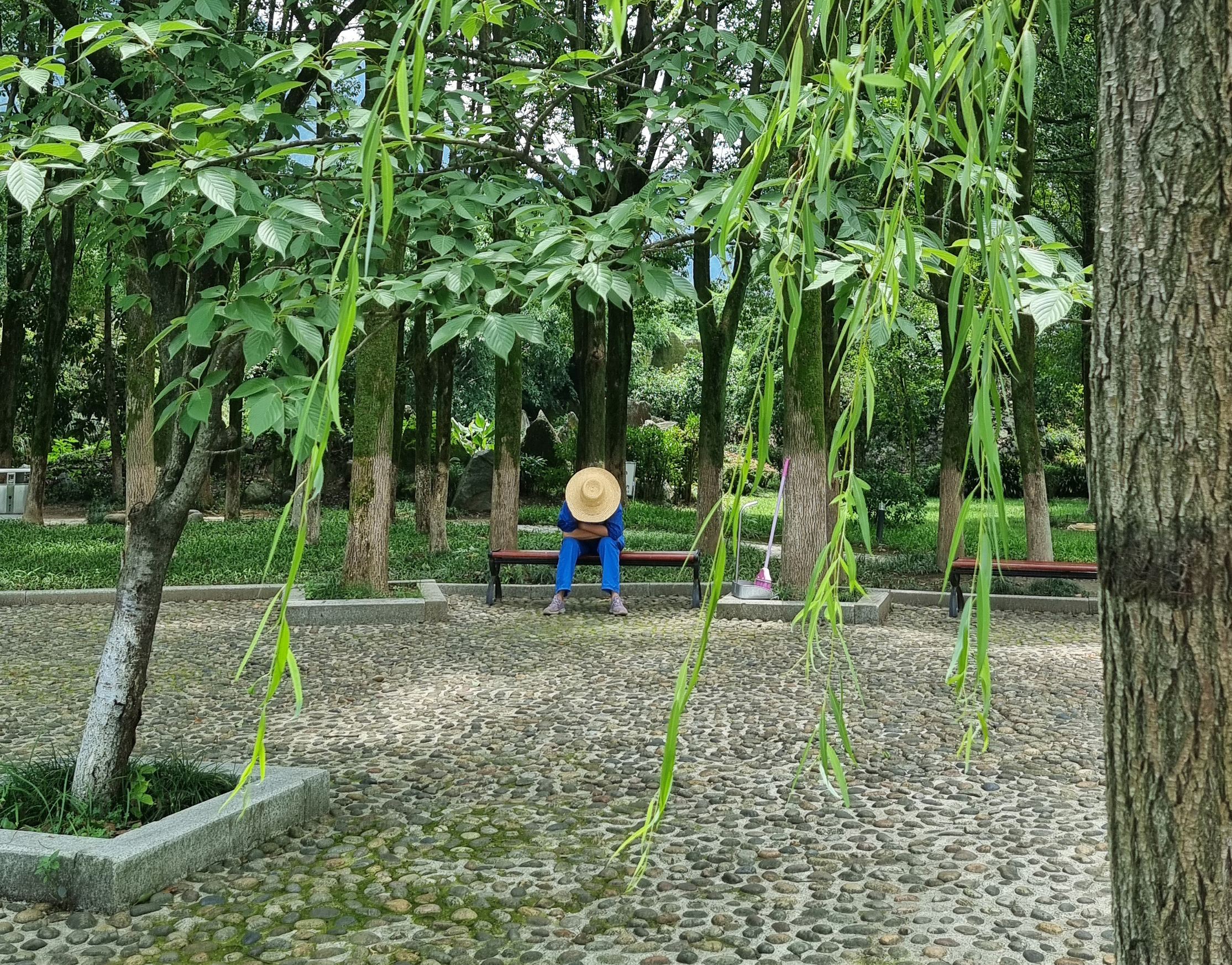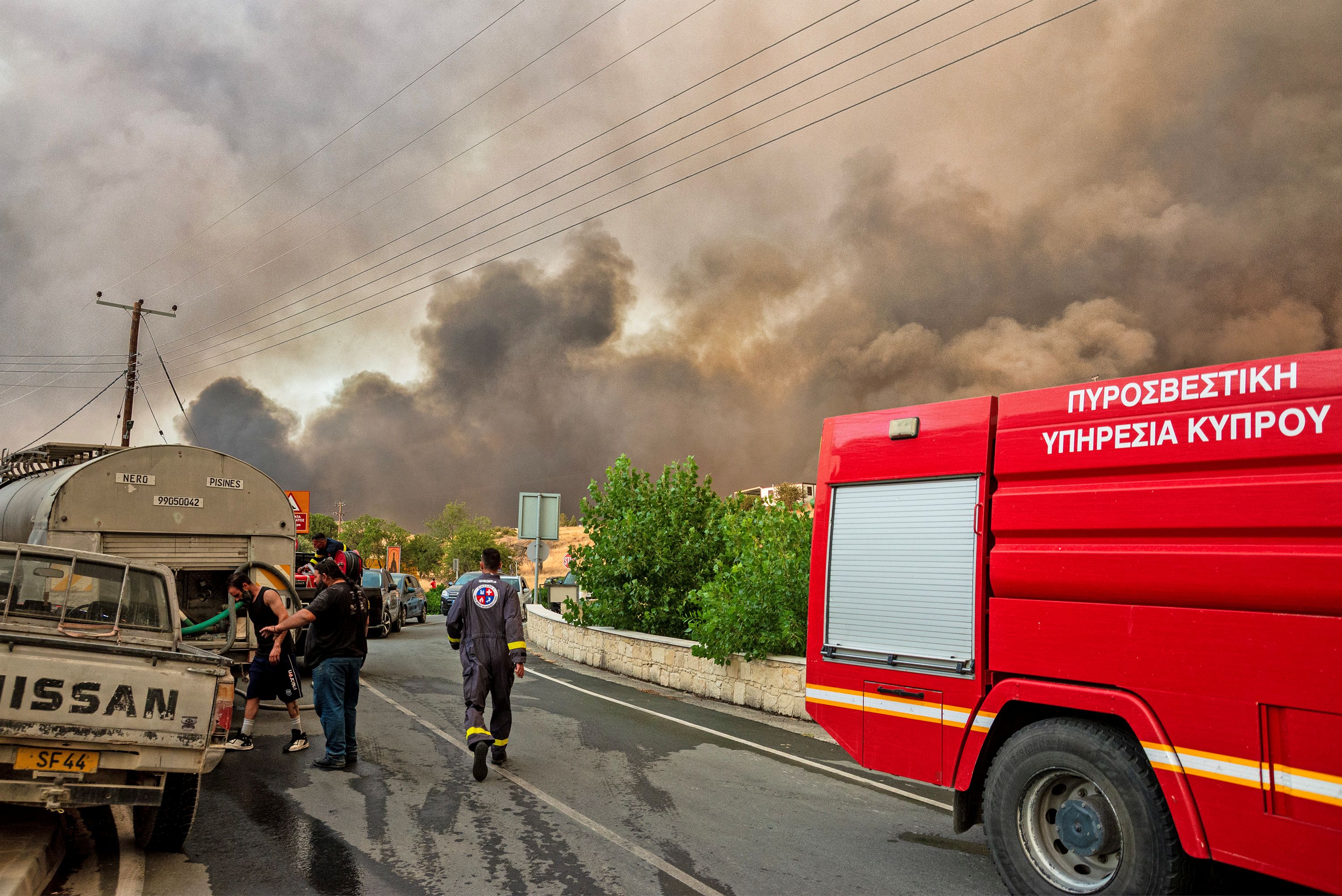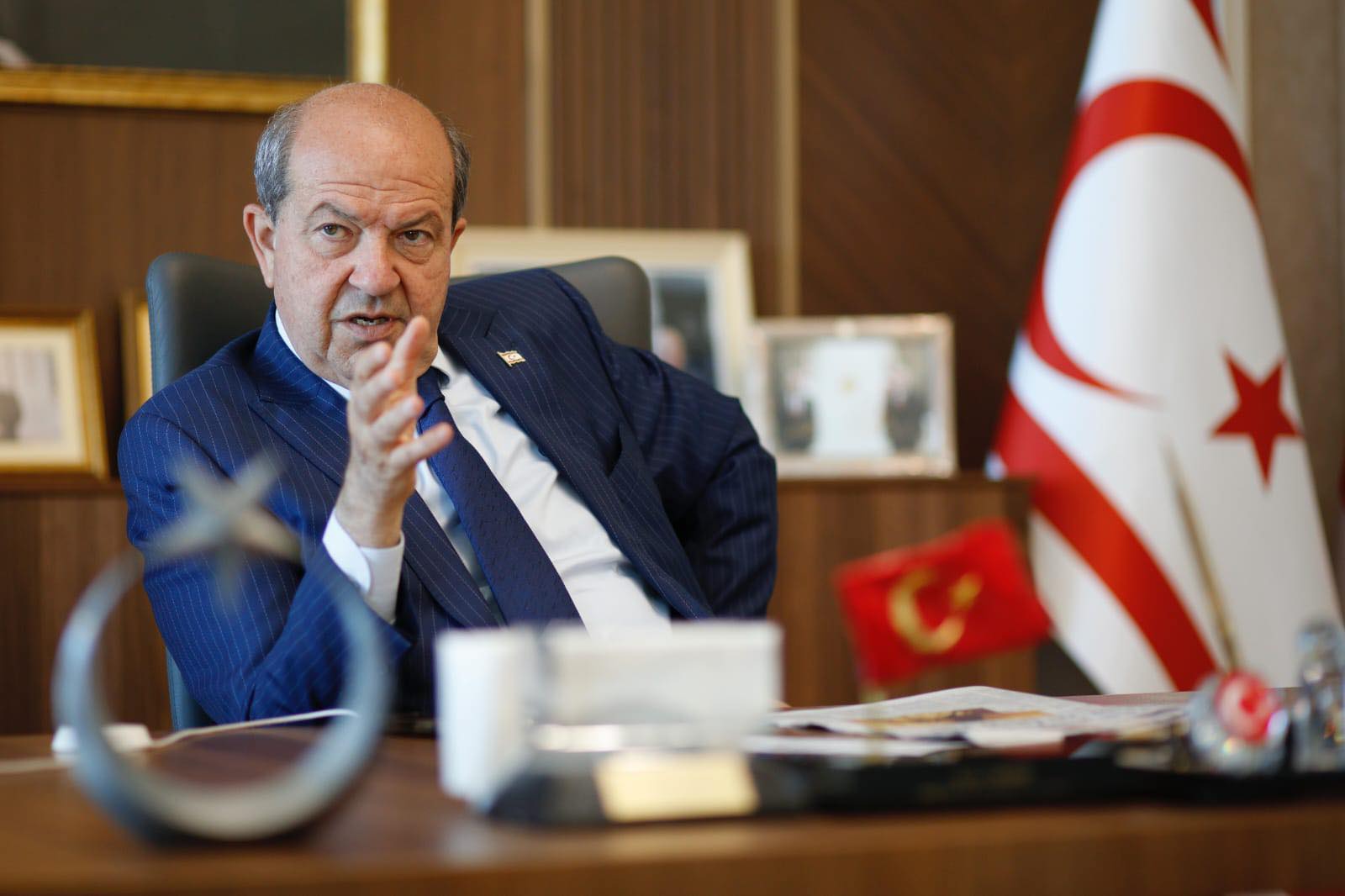Paphos is facing the same problems as Cyprus’ wider tourism sector, including seasonality, infrastructure gaps and water shortages, according to Nasos Hadjigeorgiou, executive director of the Paphos regional tourism board (Etap).
Speaking to the Cyprus News Agency (CNA), Hadjigeorgiou said that visitor demand remains concentrated in the summer months, with November to March seeing “low traffic”.
Etap’s goal, he said, is to keep 17,000 of the district’s 29,000 hotel beds open year-round, up from about 11,000 today.
Hadjigeorgiou said accessibility remains an issue despite progress. He stressed that more flights are needed from Germany, the Nordic countries, and Middle Eastern countries such as Egypt and Lebanon, while road links between airports, urban centres and rural communities require improvement.
He mentioned that Paphos airport still struggles to handle passenger flows at peak times, although ongoing expansion works are expected to ease congestion.
Other delayed projects, including the Yeroskipou swimming pool, sports training areas, and the Paphos marina at Potima, should be completed faster to attract visitors and investors, he added.
Meanwhile, water shortages are a growing concern, with prolonged dry periods and what he described as a lack of state action putting pressure on supply during the tourist season.
This has affected both households and irrigation, pushing up water costs and agricultural prices.
The depopulation of rural areas is another challenge, the board leader mentioned.
Programmes to draw young people back to the countryside, support existing residents with housing and jobs, and promote rural areas as a “green backbone” of tourism should be prioritised, Hadjigeorgiou said.
He also pointed to ageing hotel and urban infrastructure, particularly in the hinterland, as a drag on quality.
Hadjigeorgiou called for incentives for renovations, energy upgrades, installation of photovoltaics and the preservation of traditional buildings for tourism use.
This, he said, should be coupled with support for small family-run units and investment in cultural and leisure facilities.
On product diversification, Hadjigeorgiou said dependence on the traditional sun-and-sea model and a narrow base of markets had left Paphos exposed.
The region is now investing in alternative forms of tourism, such as sports tourism and cultural experiences, supported by targeted campaigns and digital tools to attract independent travellers.
He mentioned that Paphos combines natural landscapes with Unesco-listed sites such as the Tombs of the Kings and the mosaics, as well as medieval castles, churches and traditional villages.
It was named European Capital of Smart Tourism in 2023 and holds Green Destination status, with awards from several European tourism bodies.
However, he stated that labour shortages persist, with a lack of qualified staff and difficulties attracting workers from third countries.
“Our concern is to maintain the provision of good quality hospitality services across the entire spectrum of the industry,” he said.
Short-term rentals are another issue, accounting for about 30 per cent of visitors in 2024.
In this context, Hadjigeorgiou called for faster registration and regulation of such properties.
“Paphos aims to shift to a more diversified and resilient tourism model by upgrading infrastructure, promoting year-round travel and protecting its cultural heritage”, Hadjigeorgiou concluded.







Click here to change your cookie preferences